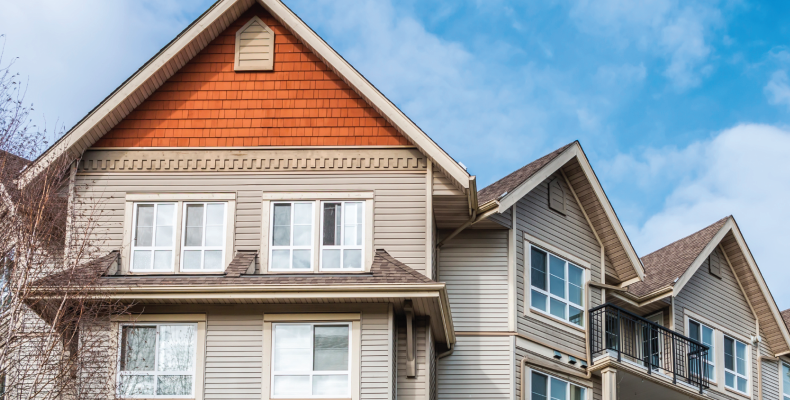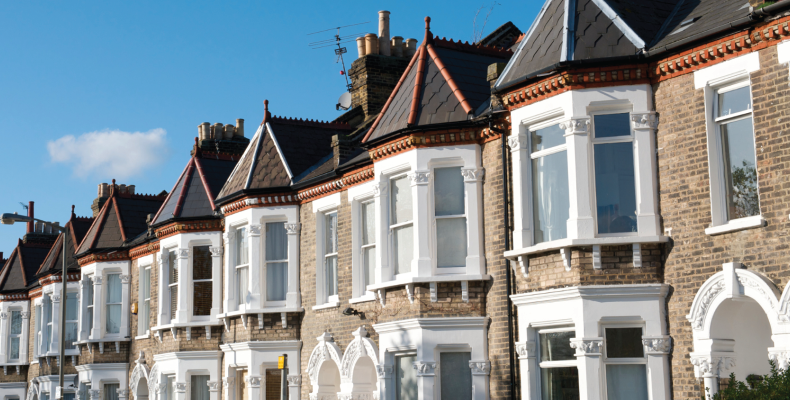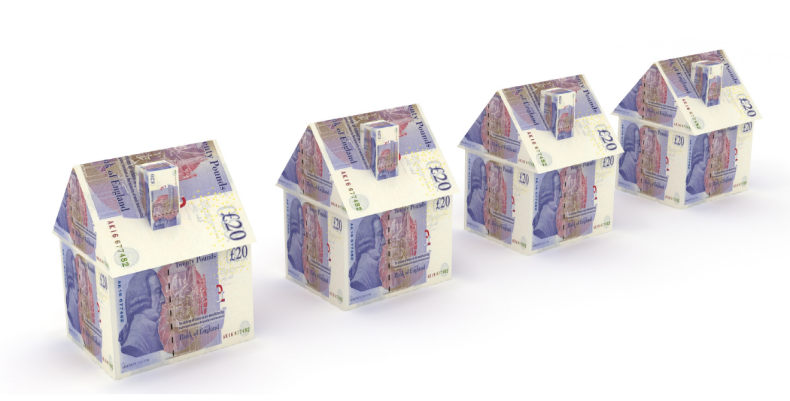
- ESG
- Insights
- June 14, 2022
Sustainable social housing: Impact investing to combat a national crisis
Social housing has come a long way in recent history. In the UK, social housing started as “council housing” and aimed to offer affordable housing to people with low income in the 1920s. The number of such social housing has increased steadily over the last few decades in the UK.
Celia Chua
Sustainability Manager at SDAX
Highlights
- A success story for Social Housing: King’s Cross
- The importance of a standardised framework for sustainable Social Housing
- Why Social Housing will continue to be relevant and in demand
- Sustainable Social Housing: a mission-driven impact
A success story for social housing: King’s Cross
One example of a neighbourhood that was earmarked for social housing is King’s Cross in London in the 1980s – a place that was known to be socially complicated and problematic. With gentrification efforts and investment from public and private investors, it is now a vibrant neighbourhood with housing, technology giants like Google, start-ups, research institutes, bars, and restaurants.
The programme was so successful that early investors who participated in this social housing scheme enjoyed strong returns, with valuations of offices increased by 200% while residential prices exceeded other neighbourhoods in London since 2000. A study conducted by Regeneris Consulting in 2017 (now known as Hatch Solutions) revealed that King’s Cross has generated 10,000 jobs and £600m in added value to the economy per year. In the early days of the project, there was a dispute between the government and Argent (King’s Cross’ property developer) over the number of affordable housings built because Argent wanted higher profitability and hence reduced the number of built social housings. Later research found out that profitability of social housing projects would not be a significant issue if the social housing is an existing housing. Nevertheless, as of June 2022, Argent aims to increase the percentage of affordable housing at King’s Cross.
The pressing issue of homelessness during the 1980s in the UK drove the increase of social housing providers over the years and in 2013, 112,070 people in England declared themselves homeless. As of April 2021, there were more than 1,600 registered social housing providers in the UK. However, the task of filling up the demand for social housing faced the challenges of insufficient resource access and technical capability. The private sector which included private developers, investors, and the like, was tapped on for solutions to fill the housing gap.

The importance of a standardised framework for sustainable social housing
An example of such an investor is Social Healthcare Properties LP which was formed by billionaire Li Ka-Shing’s CK Asset Holdings Ltd (CKAH). With impact investment advice from Civitas Investment Management, the investing firm has been investing in properties designated as social housing meant for adults with disabilities – with a valuation letter on CKAH’s website (as of April 2021) showing a total property valuation of £350.9 million. The lease requires the social housing provider to make inflation-linked payments to the funds, which provides a monthly rental yield to investors. The properties were often simple and average housing before being retrofitted for disabled user accessibility.
Despite the positive intention towards making an impact, there have been certain social housing providers who have ESG issues such as inappropriate governance practices. To counter such issues, sustainability standards in the social housing sector were needed. In November 2020, a Sustainability Reporting Standard for Social Housing (SRS) was drafted for UK-based social housing providers to report on a voluntary basis. The standard aims to enable housing providers to report their sustainability performance in a consistent and comparable manner. The SRS is a comprehensive reporting framework that considers ESG aspects such as affordability, safety, and resident voice. With the sustainability agenda high on the country’s priority list, it would not be a surprise before the SRS becomes mandatory. Such standards will ensure that the quality of social housing is not compromised and remain transparent for regulatory auditing and monitoring.
Social housing will continue to be relevant and in demand
The effects of the COVID-19 pandemic are still negatively affecting individuals and families, and with the threat of rising inflation, homelessness and other social challenges across developed and emerging economies are expected to persist. Such macro factors add to the woes of the financially vulnerable, and thereafter give rise to the importance and demand for social housing.
A direct beneficiary of social housing is the newly appointed Prime Minister of Australia, Anthony Albanese. Mr Albanese was born to a single mother and grew up in social housing in Sydney. His personal story is a motivating story of the financially vulnerable group climbing the social ladder amidst financial difficulties. During his campaign with the Australian Labor Party, he pledged $10 billion social housing fund in Labor party’s budget. The fund would build 20,000 social housing properties, with priority given to women and children in danger from domestic violence and homelessness. The fund would also allocate $200 million to the repair and maintenance of housing in aboriginal communities. The Labor Party has recently obtained a parliament majority, ending the conservative government’s 9-year rule in Australia. Government initiatives will drive the demand for national social housing in Australia as part of reforms, and we are looking out for the developments on this front.
Sustainable social housing: mission-driven impact
Mission-driven financing presents a win-win situation for investors who want returns and at the same time, deliver a meaningful and measurable impact on society. Investors can make a real difference to benefit the underprivileged to achieve multiple Sustainable Development Goals (SDG), including the fight against poverty (SDG 1), good health and well-being (SDG 3), reducing inequalities by supporting the marginalized and disadvantaged families (SDG 10), and sustainable cities and communities (SDG 11). The impact objectives should contribute towards measurable positive social outcomes. One way to measure such social outcomes is via conducting social housing residents’ surveys. A typical survey question is if residents report an improvement in their independence between their previous accommodation and their social housing home. This question translates to an indicator that measures the social impact and if the targets have been achieved. As more sustainable social housing is developed, the opportunity to also “green” these residential buildings through retrofitting could also be incorporated to alleviate carbon footprint.
Sustainable social housing is a strong investment candidate for investors who seek to rebalance their investment portfolio and want to make a difference by delivering measurable social and environmental impact.
Celia Chua is Sustainability Manager at SDAX and develops the Exchange’s ESG framework. She graduated with a master’s degree in Environmental Management from National University of Singapore in 2012.





